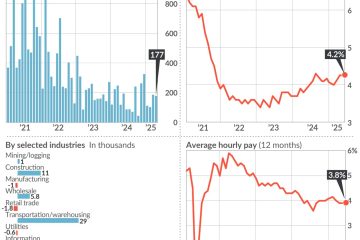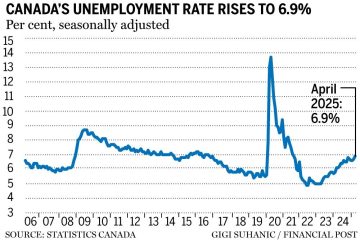The Current Trends and Impact of Oil on the Economy

Introduction
The oil industry remains a cornerstone of the global economy, influencing everything from pricing to geopolitical stability. As we move into 2024, the dynamics of the oil market are shifting dramatically, driven by factors such as climate policies, geopolitical tensions, and technological advancements. Understanding these trends is essential for investors, policymakers, and consumers alike.
Recent Developments in the Oil Market
As of late 2023, oil prices have shown significant volatility, partially due to the ongoing conflict in the Middle East and production adjustments by the Organization of the Petroleum Exporting Countries (OPEC). Recently, Brent crude oil prices hovered around $90 per barrel, reflecting both tight supply chains and increased demand as global economies recover from the pandemic. Analysts suggest that these fluctuations are likely to continue as various countries adapt their energy policies amidst growing calls for sustainable practices.
Geopolitical Influences
Geopolitical tensions have further complicated the oil landscape. For instance, sanctions on Russia following the invasion of Ukraine have disrupted traditional supply routes, leading to increased prices and uncertainty in Europe and beyond. Additionally, the U.S. has seen a surge in domestic production technologies such as fracking, positioning it as a major player in the global oil market. This technological advancement contrasts sharply with countries that are slower to adopt alternative energy solutions.
Environmental Concerns and the Future of Oil
With the growing urgency surrounding climate change, many governments are implementing stricter regulations on fossil fuels. The shift to renewable energy sources is gaining momentum, with significant investments in solar, wind, and electric vehicle infrastructure. Companies are increasingly being held accountable for their carbon footprints, prompting discussions about the future reliance on oil. While transitions to green energy are underway, oil is expected to remain a crucial component of the energy mix in the immediate future.
Conclusion
The oil market is facing an array of challenges as it navigates geopolitical tensions, fluctuating prices, and environmental policies aimed at reducing carbon emissions. For consumers, these developments mean potential price impacts at the pump, while investors may need to reconsider their portfolios in light of the ongoing shifts. As we move into 2024 and beyond, the ability of the oil industry to adapt to these changes will be pivotal, not only for economic growth but also for achieving sustainability goals. Understanding these trends is critical for all stakeholders involved in the energy sector.









